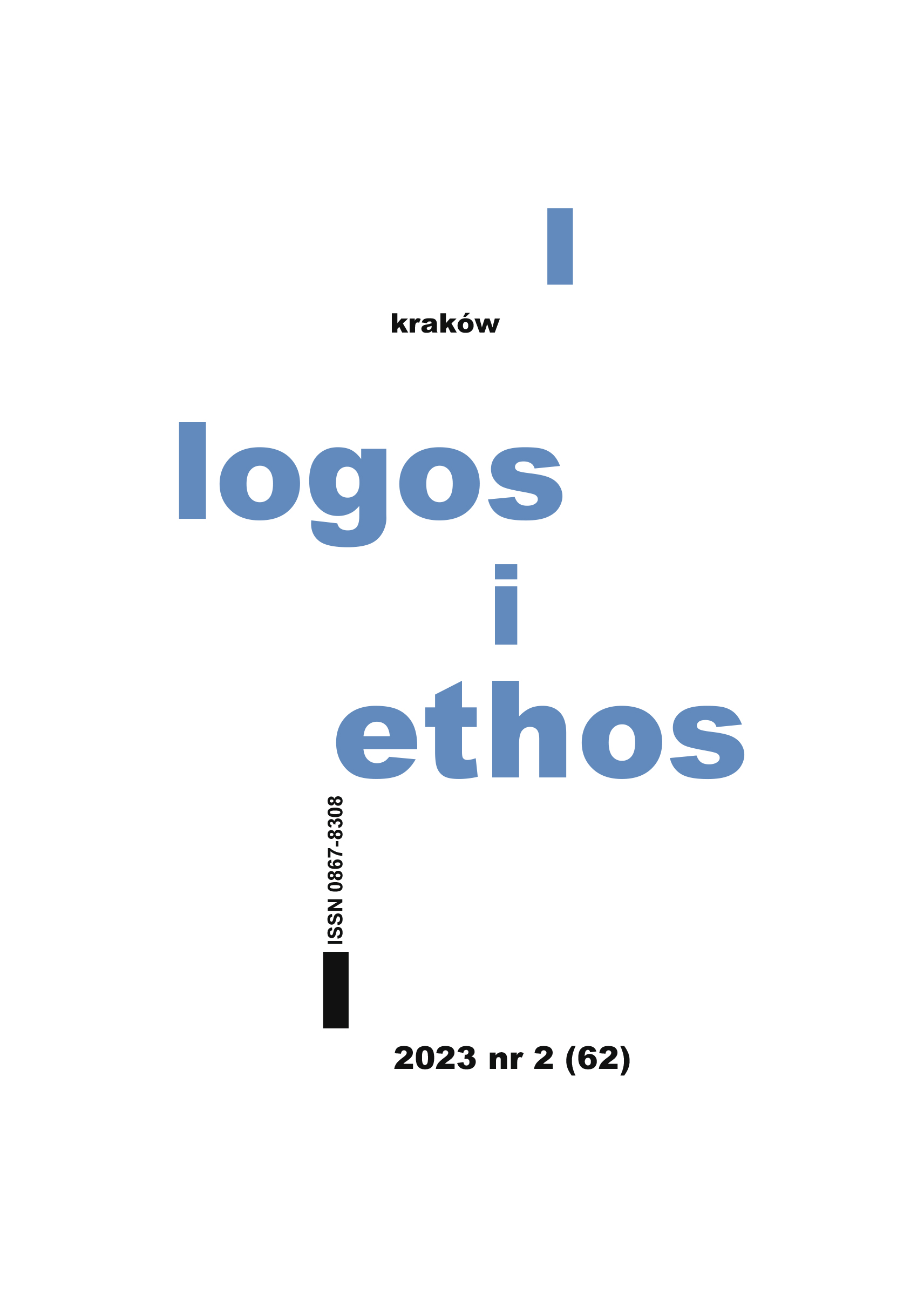Back to sensuality itself. Jocelyn Benoist’s anti-phenomenological turn?
DOI:
https://doi.org/10.15633/lie.62207Keywords:
phenomenology, Jocelyn Benoist, aesthetics, poetics, sensualityAbstract
The article presents Jocelyn Benoist’s criticism of phenomenology as an epistemological project that reduces sensuality to a tool of reference to meaning, and his proposal to supplement phenomenology with an ontology of perception that does justice to sensuality itself. Following the philosopher, the parallels between formal and material phenomenology and modern aesthetics and poetics as a practice that reveals sensuality are drawn. The phenomenology of sound and the discussion of the avant-garde revolution in music (atonality, microtonality, concrete music) point to the limitations of modern aesthetics and illustrate possible directions for the development of a phenomenology of sensuality.
References
Anscombe G. E. M., An Introduction to Wittgenstein’s Tractatus, New York 1965.
Benoist J., L’adresse du réel, Paris 2017.
Benoist J., Le bruit du sensible, Paris 2013.
Kant I., Critique of judgment, transl. W. S. Pluhar, Indianapolis 1987.
Lévinas E., Paroles et silence, in: E. Lévinas, Oeuvres, vol. 2, Paris 2009.
Merleau-Ponty M., The visible and the invisible. Followed by working notes, ed. C. Lefort, transl. A. Lingis, Evanston 1968.
Merleau-Ponty M., The world of perception, transl. O. Davis, London–New York 2004.
Nietzsche F. W., On the Genealogy of Morals, transl. D. Smith, Oxford 1996.
Rousseau J. J., Essay on the Origin of Languages, in: Essay on the Origin of Languages and Writings Related to Music, transl. J. T. Scott, Hanover 1998, p. 289–332.
Schönberg A., Theory of harmony, transl. R. E. Carter, Berkeley 1978.
Travis C., The Silence of the Senses, “Mind” 113 (2004) no. 449, p. 57–94.
Downloads
Published
Issue
Section
License

This work is licensed under a Creative Commons Attribution 4.0 International License.
Authors who publish with this journal agree to the following terms:
- Authors retain the copyright and full publishing rights without restrictions, and grant the journal right of first publication with the work simultaneously licensed under a Creative Commons Attribution 4.0 International License that allows others to share the work with an acknowledgement of the work's authorship and initial publication in this journal.
- Authors are able to enter into separate, additional contractual arrangements for the non-exclusive distribution of the journal's published version of the work (e.g., post it to an institutional repository or publish it in a book), with an acknowledgement of its initial publication in this journal.
- Authors are permitted and encouraged to post their work online (e.g., in institutional repositories or on their website) prior to and during the submission process, as it can lead to productive exchanges, as well as earlier and greater citation of published work (See The Effect of Open Access).

